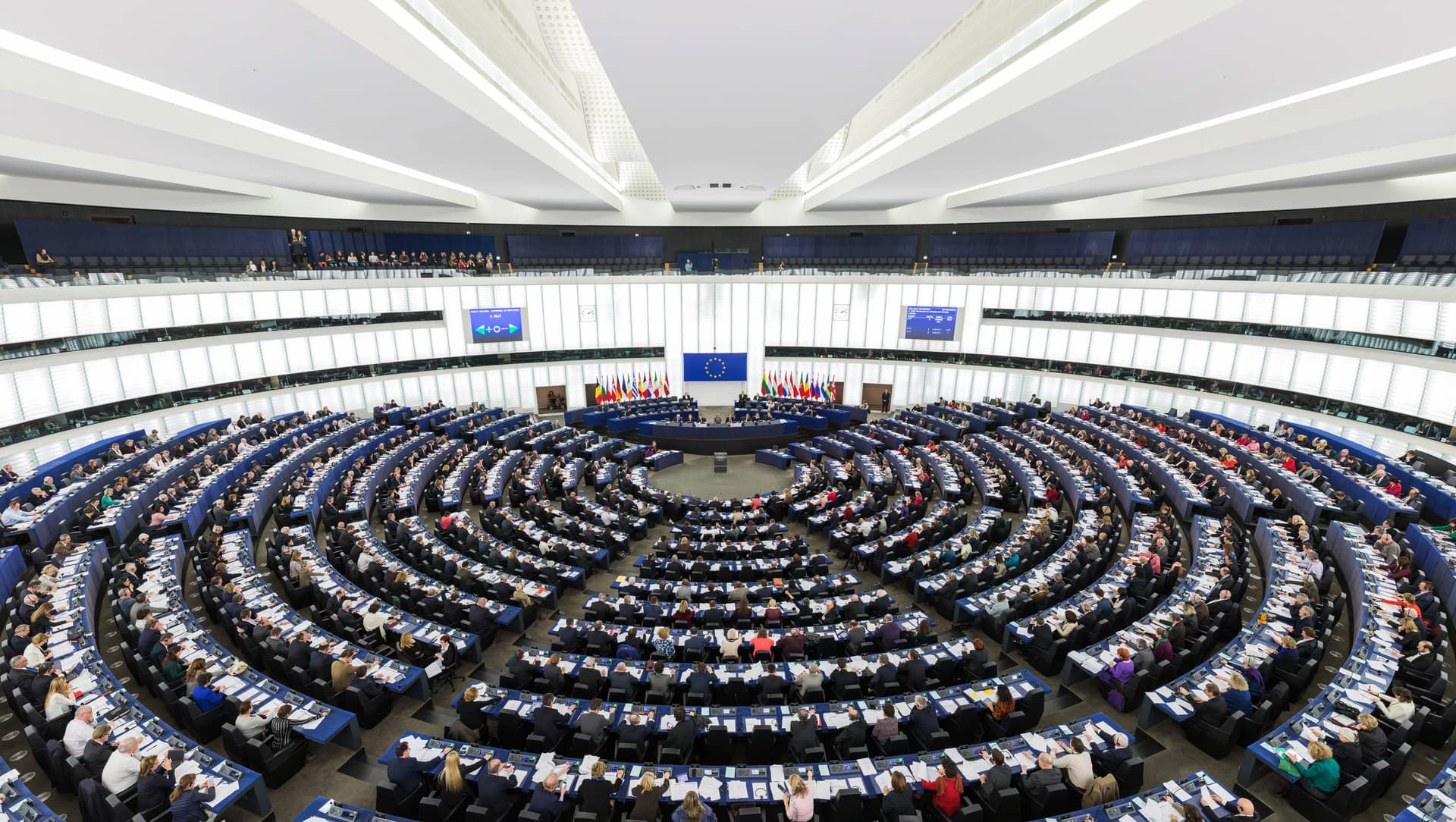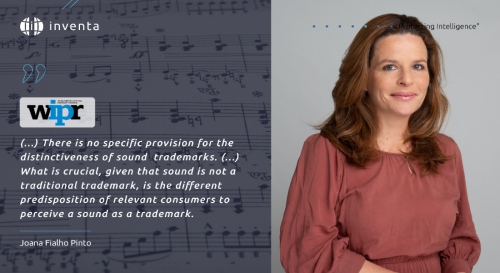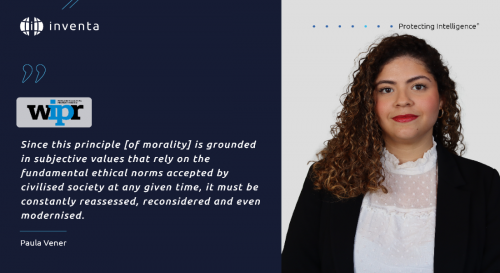
EU: A Major Step Ahead towards European IP Law Harmonization: European Court Does Not Limit Moral Compensation in the Liffers Case
With its 17 March 2016 decision (case C-99/15), the European Court of Justice (hereinafter “ECJ”) has taken an important step towards European IP law harmonization, clearing all the doubts that were raised among scholars and European national courts.
This case was raised when the Spanish Supreme Court decided to stay the proceedings and ask the ECJ how to interpret article 13(1) of Directive 2004/48. Besides other issues, this Directive lays down some important rules regarding the determination of damages. According to article 13(1), the judicial authorities of the member states shall take into account a bevy of aspects when settling the amount of compensation, such as “lost profits”, “any unfair profits made by the infringer” and “moral prejudice caused to the right holder by the infringement”.
As an alternative, article 13(1)(b) provides that in some cases, judicial authorities can settle the damages as a “lump sum on the basis of elements such as at least the amount of royalties or fees which would have been due if the infringer had requested authorisation to use the intellectual property right in question”.
This last criteria for setting the damages, which establishes a hypothetical royalty or a royalty analogy, is usually seen by the member states as a subsidiary criteria and not as an alternative. Generally, it will be used when the first criteria is not suitable for the particular case, especially when it is difficult to establish the correct value of the damages due to the intangible nature of IP assets. However, contrary to the first criteria, the second one does not mention any moral compensation. Considering this, some scholars have interpreted this second “alternative” way of setting the damages, as a tacit waiving of moral compensation, establishing that only economic damages can be comprised with this second method. This would be the price to pay for choosing this second criteria.
EJC did not follow this literal interpretation of Article 13(1). ECJ ruled out that, “in the light of the objectives”, the first subparagraph of Article 13(1) should be interpreted as establishing full compensation, stating that Article 13(1) (b) also includes any moral prejudice.
We consider that ECJ has followed the proper interpretation of the article. It would be a legal paradox if the hypothetical royalty method only took into consideration economic damages. Actually, the rationale of this second method is intended to precisely ease the way of setting economic damages, and there would be no reason to prevent the recouping of moral damages. Moral compensation can therefore be taken into account whatever this method is chosen.
Territory List
There are no results for your search.
- Africa
- Algeria
- Angola
- Benin
- Botswana
- Burkina Faso
- Burundi
- Cameroon
- Cape Verde
- Central African Republic
- Chad
- Comoros
- Congo (Republic)
- Côte d'Ivoire
- Democratic Republic of the Congo
- Djibouti
- Egypt
- Equatorial Guinea
- Eritrea
- Eswatini (Swaziland)
- Ethiopia
- Gabon
- Gambia
- Ghana
- Guinea
- Guinea-Bissau
- Kenya
- Lesotho
- Liberia
- Libya
- Madagascar
- Malawi
- Mali
- Mauritania
- Mauritius
- Mayotte
- Morocco
- Mozambique
- Namibia
- Niger
- Nigeria
- Réunion
- Rwanda
- Sao Tome and Principe
- Senegal
- Seychelles
- Sierra Leone
- Somalia
- South Africa
- South Sudan
- Sudan
- Tanzania (mainland)
- Togo
- Tunisia
- Uganda
- Western Sahara
- Zambia
- Zanzibar
- Zimbabwe
- Africa (OAPI)
- Africa (ARIPO)
- Other
- East Timor
- Macao
- Maldives
- Portugal
- European Patent (EPO)
- European Union Trademark (EUTM)
- International Trademark (Madrid System)
- Patent Cooperation Treaty (PCT)




